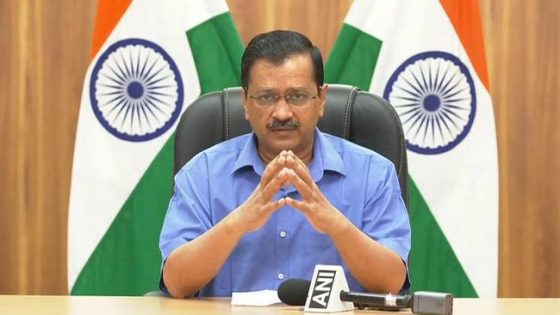LONDON (Reuters) – World Athletics has created a problem by announcing that gold medallists at the Paris Olympics will receive cash prizes, according to British Olympic Association chief Andy Anson.
Criticism has followed World Athletics President Sebastian Coe’s pledge to pay gold medal winners in Paris $50,000 with Anson the latest to question the end of a 128-year tradition.
“I think what wasn’t great about the announcement last week is when one sport goes off and does something on their own, doesn’t include the other sports, the IOC or the National Olympic Committees,” Anson told Sky Sports on Wednesday.
“They create a problem because now other sports are clearly going to get some scrutiny or even pressure from athletes saying ‘well what about our sport, how can this sport do it and not us?’
“It’s a debate we can have but we need to have it at the right time, and the right place, and together.”
Other sports federations appear to have been taken by surprise by the World Athletics move, which will also see Olympics silver and bronze medallists receive prize money from the 2028 Los Angeles Games.
David Lappartient, president of cycling governing body (UCI) said World Athletics had not discussed it with other federations and that it went against the Olympic spirit.
“The Olympic spirit is to share revenues and have more athletes compete worldwide,” he said. “Not only put all the money on the top athletes but spread the money.”
Anson said the strength of the Olympic family was that all sports worked together. “That’s how you need to navigate these issues and I don’t think it’s particularly appropriate or helpful for one sport to announce that,” he said.
Anson also added it created a danger of a two-tier Olympics.
“It’s such a small number and it’s only gold medals so I don’t think it does that yet,” he said. “But there is clearly a risk of that and we don’t want that to happen.”
World Athletics said a $2.4 million prize pot was to be split among the 48 gold medallists in Paris.
(Reporting by Martyn Herman; Editing by Christian Radnedge)
Source Agencies



